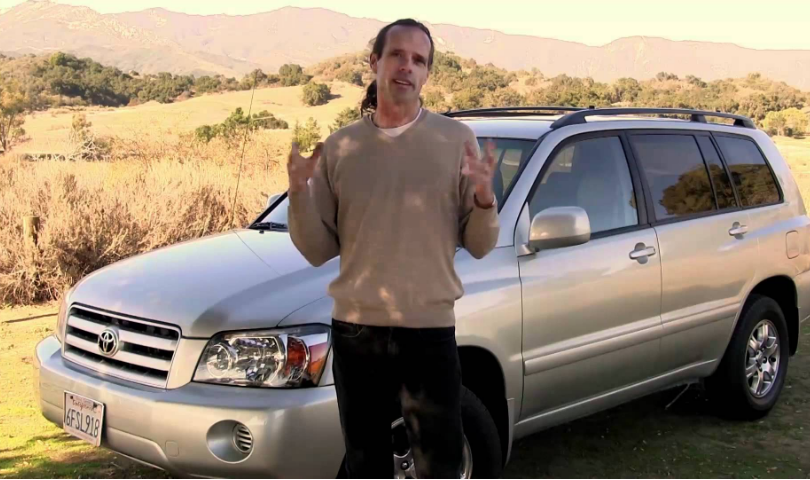There are two main options for buying a used car; purchasing from a dealer, or purchasing from a private seller. All of these have their merits and demerits and it’s what this article will focus on.
How to handle purchase from strangers
More often than not, you will meet strangers when you decide on purchasing a used car, whether it’s from a dealer or a private seller. If it’s a private seller, you may be required to meet at a personal residence, normally after working hours. On the other hand, purchase with a dealer will require you to meet in a business premise during working hours.
The most important safety precaution to take with private sellers is to transact your business in open, public places. Avoid holding your meeting and finalizing your purchase in a private location. Ensure that you inspect and test drive the vehicle in a neutral, public location, and send payments electronically after you are fully satisfied with the vehicles specifications.
Handling Paperwork
One notable disadvantage of buying from a private seller, as opposed to a dealer, is that the responsibility of handling paperwork that pertains to transfer of ownership will be yours. You will be expected to work with the seller in ensuring that everything that pertains to the purchase is updated. This includes the sales tax, financing and even proper car registration. If you’re not sure about all the paperwork required, you can contact your local department of motor vehicles, who will give you all the information and forms necessary.
Legal Protections
Both a seller and a buyer are vulnerable and need legal protection. When purchasing a car from a private seller, there is no warranty that will be issued unless you both sign a contact. According to one of the leading car dealerships Minneapolis sites, in such a situation, you are not legally protected:
- It emerges that the car was stolen and retitled
- The vehicle was wrecked and repaired
- The vehicle was declared salvage in another state due to collision
- The odometer was rolled back to reflect lower total mileage
- Flood or theft
You should therefore personally take the following steps to protect yourself when buying a used vehicle from a private seller:
- Let the vehicle be thoroughly inspected by an ASE –certified mechanic that you have chosen.
- Obtain the cars Vehicle Identification Number (VIN) history report.
- You can purchase a vehicle history report from a company like CARFAX. It’s important to do this on your own as opposed to letting the private seller purchase the report for you, since they can easily manipulate it.
- Visit vehicle listing or shopping services sites with fraud prevention tips and tools that can keep you from making a mistake.
In the case of purchasing from a dealer, the product is in fact from a business. The car dealer business must be in accordance with state and federal consumer protection laws. You are therefore sure that you are covered in the event of any legal anomalies.
Summary
It is understandable that you would want to save money by purchasing your car from a private seller. However, understand that a private seller purchase has risks that could make you lose more money in the long-run; specifically in terms of paper work and legal protection. Besides, you will drive that car more comfortably and peacefully if you know its history. If you can’t take precautionary steps, then it would be best to go the dealer way.
